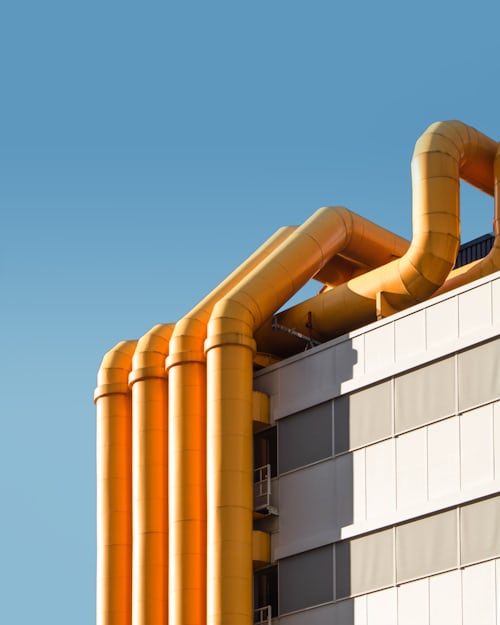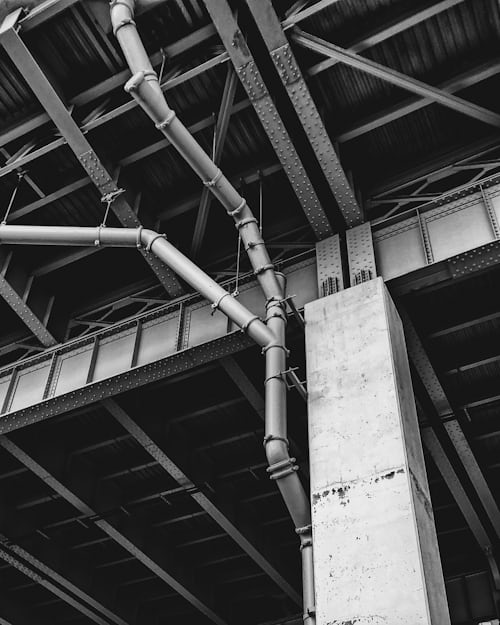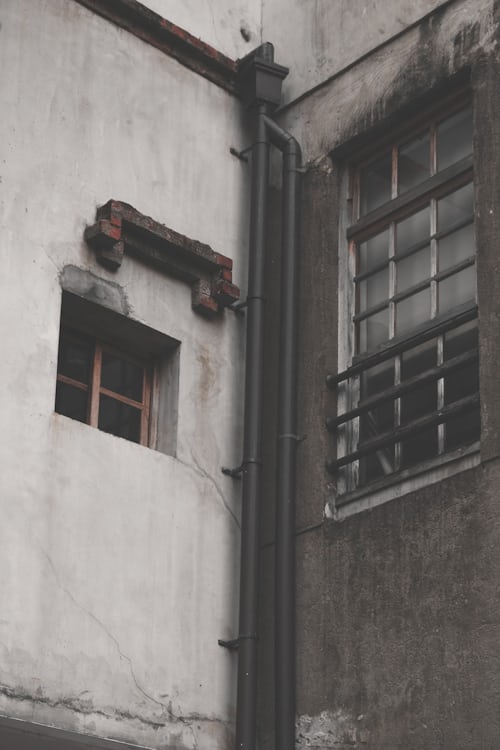
Since the early 1960s, high-density polyethylene (also known as alkathene or polythene) has been employed. It can be utilised for both potable water and wastewater services, although it can only provide cold water. It is the most popular type of plastic pipe used to bring mains water into a home. The usages of HDPE pipes and fittings are not known to the average person however, suffice to say that the benefits are numerous. HDPE Pipes and Fittings, commonly known as Poly pipes, are utilised in a variety of industries and applications, particularly in plumbing and waterworks. HDPE Pipes and Fittings are popular and trusted by plumbers and builders due to their versatility. The following are some of the benefits of hdpe fittings malaysia:
HDPE Pipes and Fittings are Long-Lasting
HDPE pipes and fittings are resistant to most chemicals and corrosion. Because of its polyethylene resins, HDPE has a better impact strength.
HDPE Pipes and Fittings are Flexible
HDPE pipes and fittings are ideal for a variety of terrains, particularly in Mining, Irrigation, and Sewerage applications, as they conform well to most terrain types.
HDPE Pipes eliminate Water Hammer
Because PE Resins have better elasticity than other types of pipes, HDPE Pipes can handle higher transient pressure than conventional pipes.
HDPE Fittings come in a variety of jointing types

Push-Fit, Socket Fusion, Butt-Fusion, and Electrofusion are some of the methods used to join HDPE Pipes and Fittings. The weld forms of jointing are completely leak-proof since the PE Resins are entirely welded, and they are usually used in higher pressure applications, whereas the Push-Fit types of jointing are commonly used in routine irrigation applications such as farm and garden irrigation.
HDPE Fittings Have a Longer Lifespan

When used and installed properly, HDPE can last up to 50 years. Pipes deteriorate and fail over time, however the rate of failure is dependent on a multitude of external factors such as the pipe material environment, loading conditions, and others
HDPE Pipes and Fittings are a trustworthy and economical material for potable-water piping since they do not wear, rot, or corrode. PE Resins come in a variety of forms, the most prevalent of which are PE80 and PE100. There are also numerous types of Nominal Pressure or PN ratings for HDPE Pipe and Fittings, ranging from PN6, PN8, PN10, PN12.5, and PN16, which are suitable for different pressure rating requirements in such applications.
HDPE pipes and fittings are used in a variety of applications, services, industries, and applications. A few of them are HDPE pipe usage in waterworks, in mining, in irrigation, in sewerage systems as well as applications in oil and gas.
Because HDPE pipes and fittings do not wear, rot, or corrode, they are a reliable and cost-effective material for potable-water pipelines. PE Resins are available in a variety of forms, with PE80 and PE100 being the most common. Nominal Pressure or PN ratings for HDPE Pipe and Fittings range from PN6, PN8, PN10, PN12.5, and PN16, and are suitable for various pressure rating requirements in such applications.